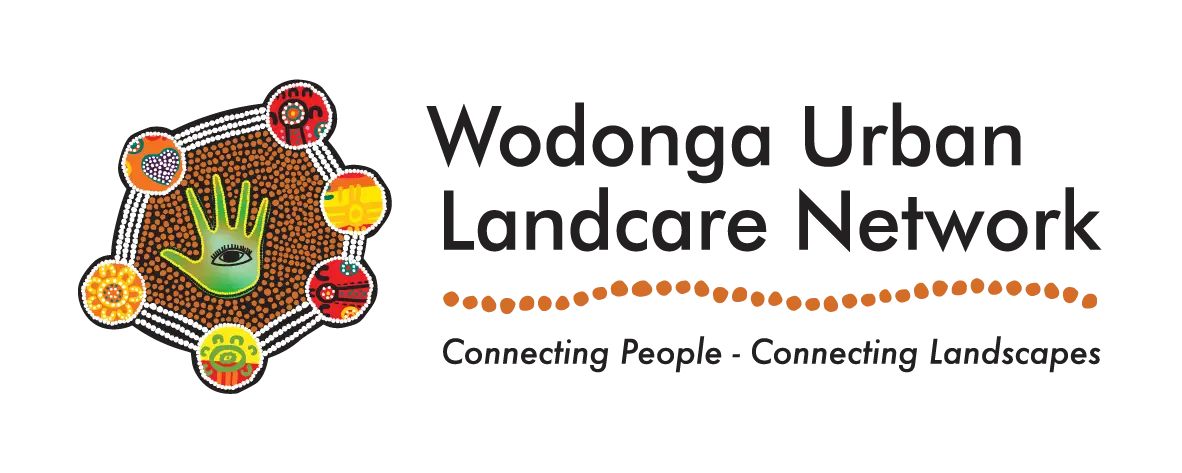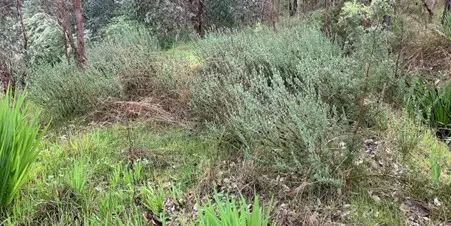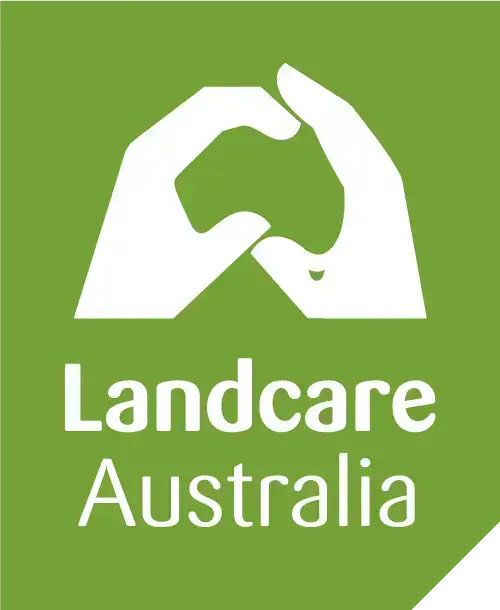To mark National Threatened Species Day on Saturday 7 September, Gardens 4 Wildlife Albury-Wodonga will highlight the dangers invasive garden plant escapees pose to native plants and animals. They will host a presentation on Wednesday 4 September and stalls on Saturday 7, 28 and 29 September.
“Lots of locals love gardening but some of us are unintentionally planting species that jump fence-lines and wreak havoc in our local parks and reserves,” explained Lizette Salmon, Gardens 4 Wildlife Project Officer. “National Threatened Species Day is a time to think about the ways we can help protect native plants, animals and ecosystems.”
In consultation with Wodonga Council and Parklands Albury Wodonga, Gardens 4 Wildlife has developed a list of the fifteen worst local garden escapees. The list includes popular groundcovers such as English ivy, Japanese honeysuckle and blue periwinkle that spread rapidly, outcompeting and suffocating native plants and reducing habitat for native wildlife.
“They’re a massive headache for councils, land managers and volunteers to manage. To make matters worse, they’re still being sold through local nurseries, fetes and markets.”
Other problem plants include Cootamundra wattle, African and European olives, gazania and Italian/topped lavender. “We urge locals not to purchase, plant or propagate the species on the list”, says Kim Radnell, City Services Administration Coordinator at Wodonga Council. “If they’re already in your garden, please consider management or removal. There are alternatives to these plants that still look great but won’t cause problems elsewhere.”
A NSW study found that almost half of that state’s threatened species and the majority of endangered ecological communities are threatened by weed invasion. The critically endangered Darling Pea (Swainsona galegifolia) grows naturally in patches of Wodonga bushland but could perish if invaded by garden escapees. Various locally-occurring orchid species such as the purple beard orchid, sun orchids and greenhoods are also threatened by garden escapees.
Ms Radnell encourages residents to familiarise themselves with the garden escapees list. “These plants spread vigorously through their roots or seeds dispersed by wind, water and animals. Dumped garden waste is another significant source of spread. The council works diligently to manage this issue and educate the community to avoid this becoming a worsening issue.”
To access the full list of problematic garden escapees with suggested plant alternatives, visit: wodongalandcare.org.au/pmi
Ms Salmon’s presentation on garden escapees and plant alternatives will be held 5.30-6.30pm on Wednesday 4 September at Albury Council. Tickets are free but bookings essential here: events.humanitix.com/plant-me-instead
The garden escapee stalls will be held 8.00am-12.00pm on Saturday 7 and 28 September at the Albury Wodonga Farmers Market and the morning of Sunday 29 September at the Nail Can Hill Wildflower Walk.
These activities are hosted by Gardens 4 Wildlife Albury-Wodonga, a Wodonga Urban Landcare Network program, supported by the Victoria Government as part of the Victorian Landcare Grants Program, as well as Wodonga Council and AlburyCity.



